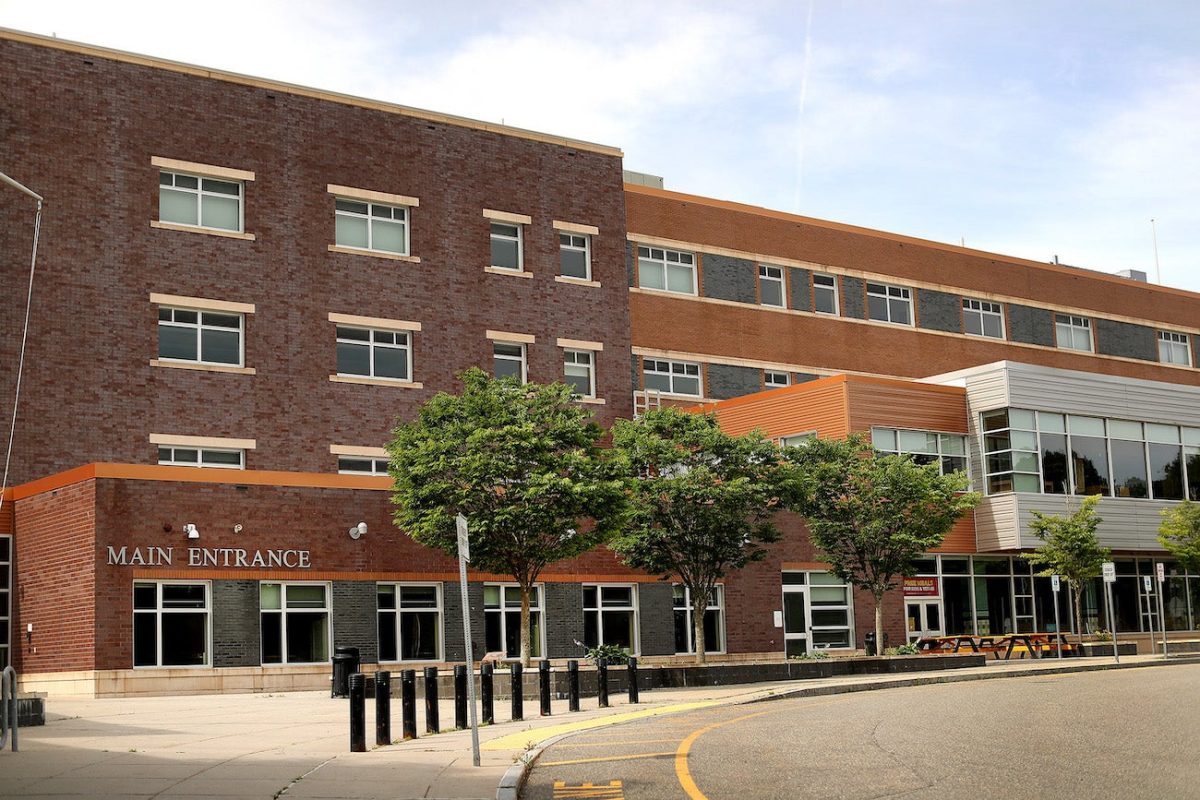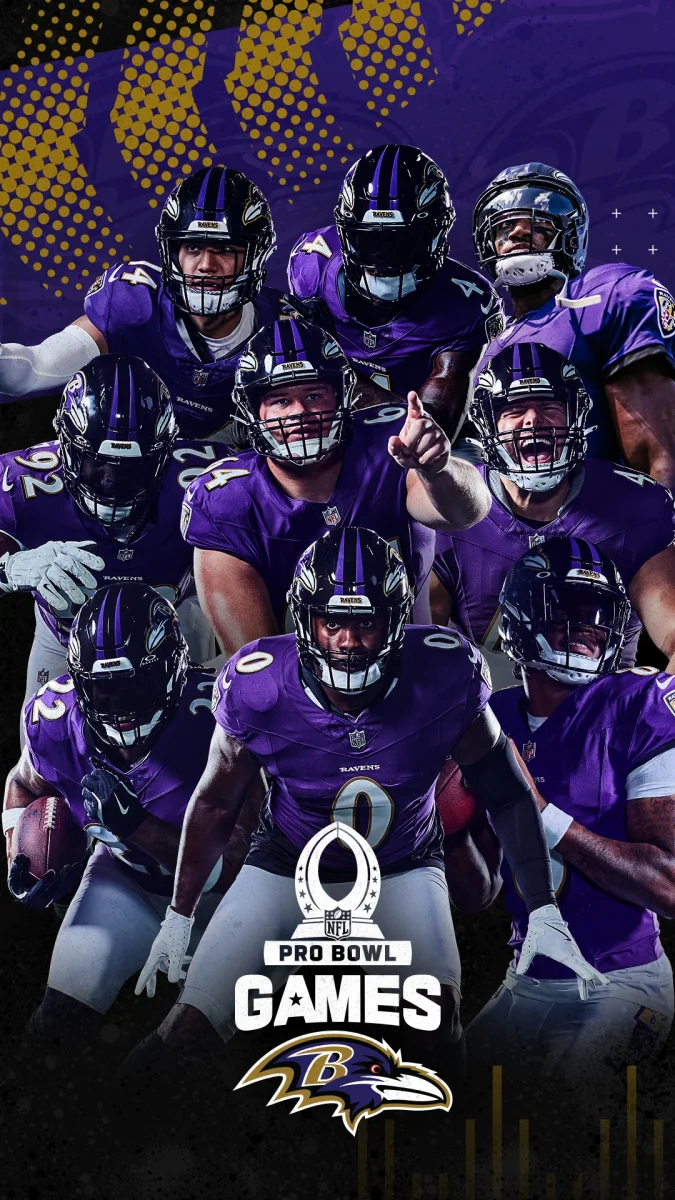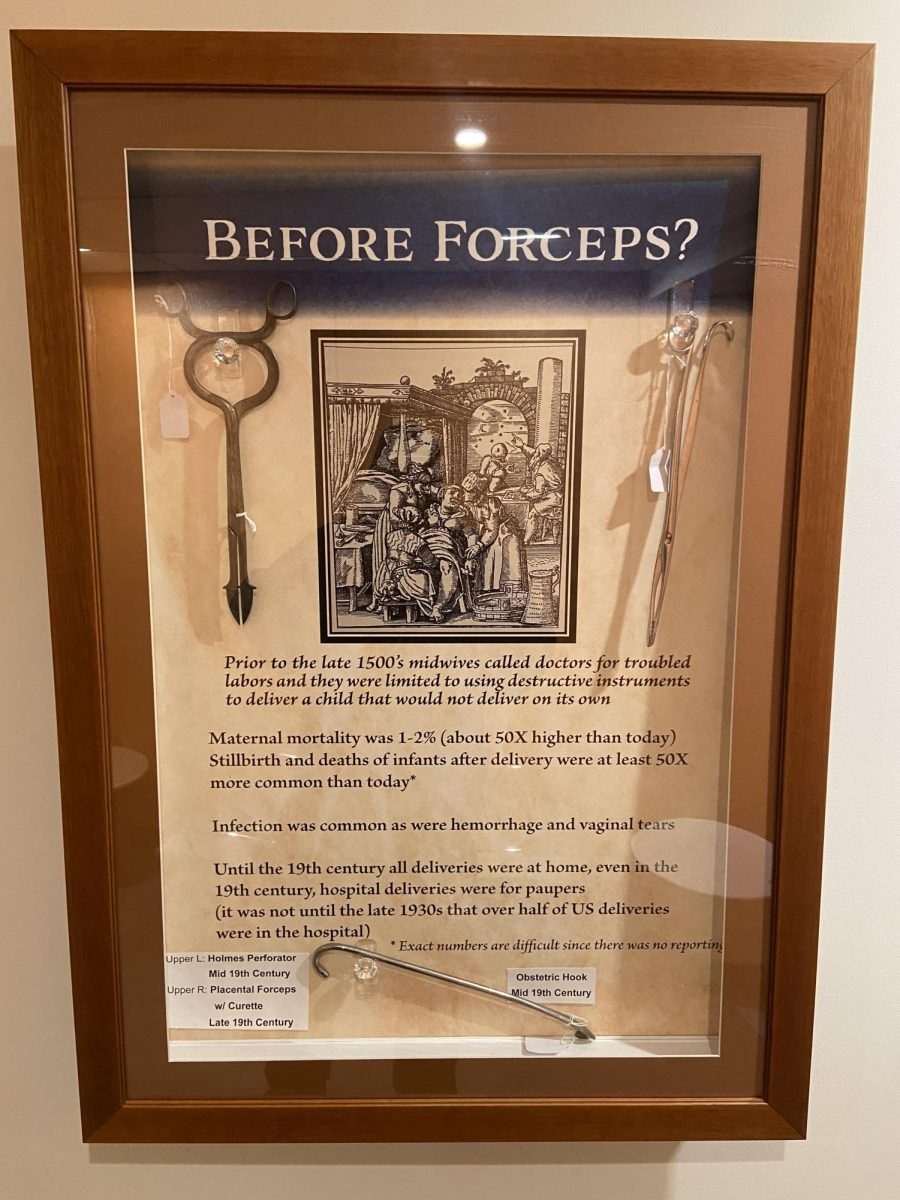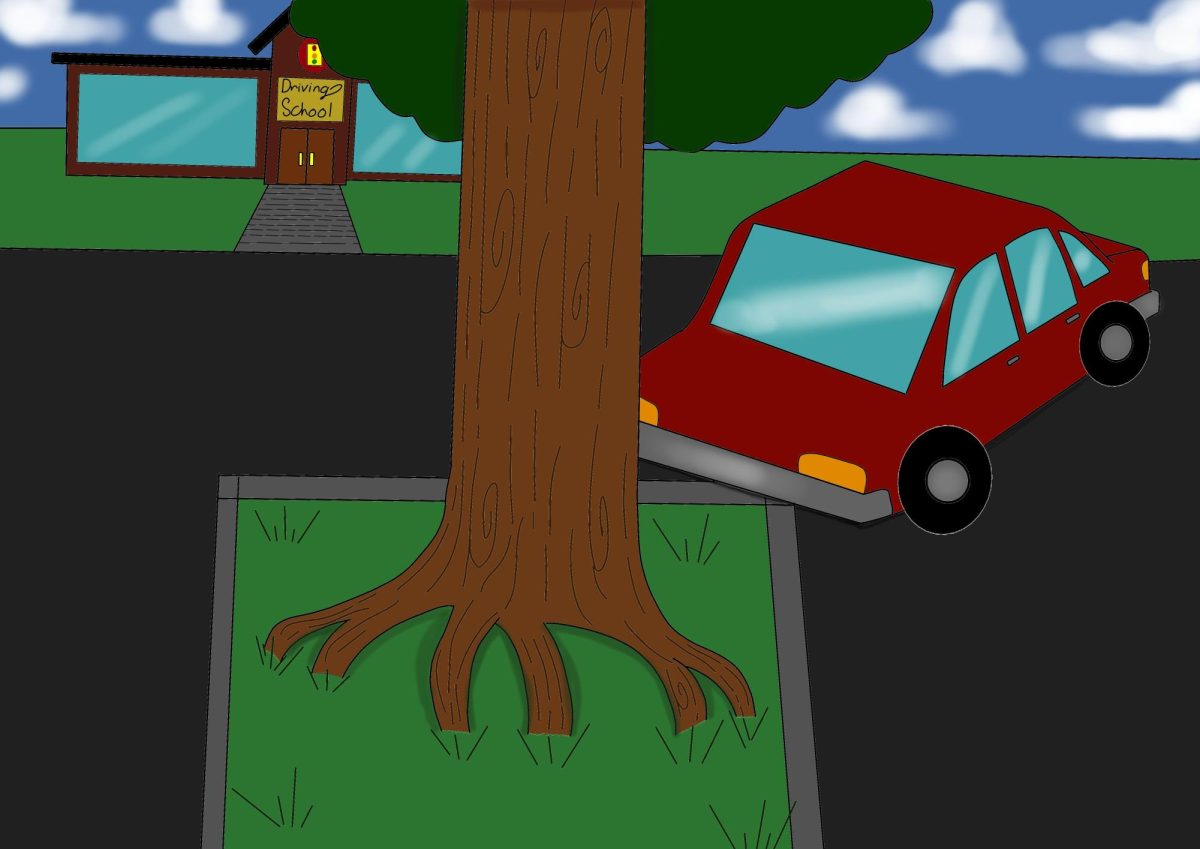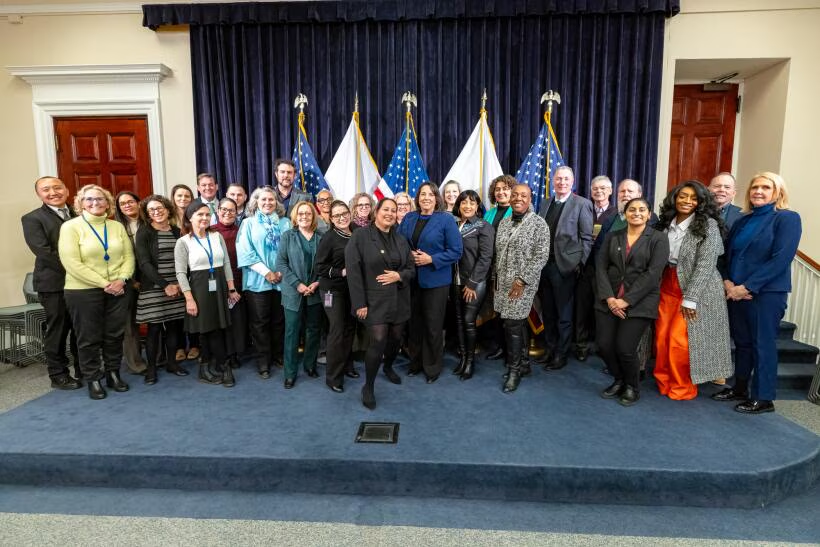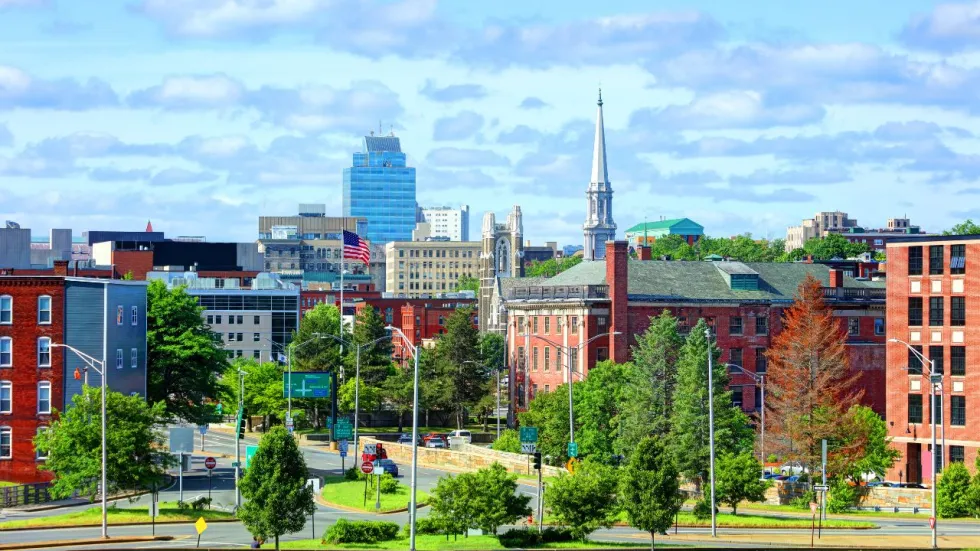Persistent racial wealth gaps
Racial wealth gaps have a big impact on African American families. It means that they often have less money and resources compared to other minority groups. This can make it difficult for them to afford good schools, healthcare, and housing. It can also make it harder for them to get better jobs and have stable financials. Recognizing these racial gaps and improving
Systemic barriers
These barriers include discriminatory policies, unequal access to good education and job opportunities, and biased practices. They make it harder for African American Families to build wealth and achieve financial security. Systemic barriers make it difficult for African American families to build wealth and achieve financial security.
Historically
With the abolishment of slavery and the failed reestablishment of Jim Crow laws Blacks weren’t able to excel and pass down wealth to future generations. The Great Migration was a fresh start for African Americans resulting in employment, housing, and educational discrimination in the nation. As of today towards the end of 2020 black homeownership rate is about 44 percent while White Americans stand at 75 percent. It’s the systemic denial of loads and insurance is one of the many roots to this occurring issue even after the abolishment of slavery African Americans still fight for equality approximately 154 years later.
Limited ability to highly achieve
The unfortunate systematic discrimination and segregation continue to limit employment opportunities for African Americans. Access to stable jobs, fair pay, and financial security. And not to mention the unfair tax benefits of owning a home if squeezed in that 44 percent of African Americans are homeowners. Policymakers must address these issues and create a more equitable society for all races.
Healthcare
The healthcare system has flowed with inequality for African Americans as well as other minority groups for centuries. These inequalities imply healthcare insurance coverage. African Americans are the main minority group that has a long life span but are also one the most affected by illnesses. The ACA has successfully contributed to providing individuals with affordable healthcare coverage. Unfortunately, that isn’t the case for African Americans they are often declined after the law was established. Approximately 20 million Americans were ensured to this coverage and about 2.8 million were made up of African Americans. This is okay but it shows which minority group is favored more. There are still significant difficulties that disproportionately impact African Americans. One major issue is the lack of Medicaid expansion in certain states, which limits access to affordable healthcare for many individuals including African Americans. African Americans are often paid less than any other minority group despite their employment. For this reason, affordable healthcare is crucial. The late expansion can create gaps between receiving necessary care. African Americans often experience higher rates of chronic illnesses such as diabetes, hypertension, and certain cancers. Increasing the number of healthcare providers can help improve access to care for all minority groups. Ensuring the social determinants of healthcare, promoting health equality and improving culture competency within the healthcare systemem
Addressing the issue
“The rich are getting richer and the poor is getting poorer” a phrase that has a more powerful meaning. It means that wealth is becoming more and more intense among richer individuals while the poor are crawling further and further behind. This can exacerbate racial wealth gaps for those often disproportionately affected by economic inequality due to wealth accumulation.

